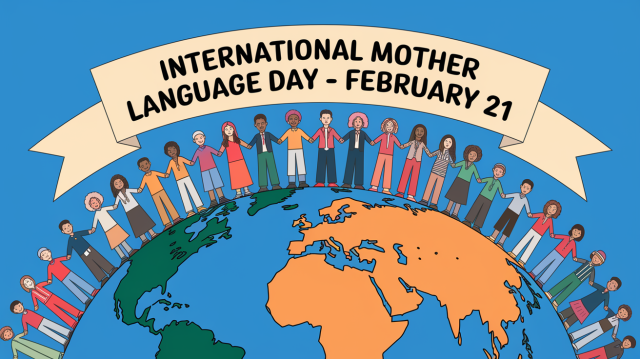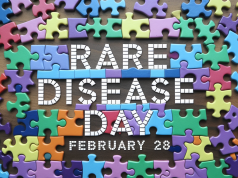International Mother Language Day, celebrated annually on February 21, is a global observance dedicated to promoting linguistic and cultural diversity as well as multilingualism. In 2025, this day marks the 25th anniversary of its celebration, making it a significant milestone to reflect on the progress made in preserving and revitalizing languages worldwide. The day was first proclaimed by UNESCO in 1999 and has been observed since 2000. It was inspired by the Bengali Language Movement in Bangladesh, where students sacrificed their lives on February 21, 1952, to protect their right to speak their mother tongue, Bangla.
Why Is It Celebrated?
International Mother Language Day is celebrated to raise awareness of the importance of linguistic diversity and the preservation of endangered languages. It highlights the role of mother tongues in shaping cultural identity, fostering inclusion, and improving education outcomes. With over 7,000 languages spoken globally and many at risk of extinction, this day serves as a reminder of the urgent need to protect linguistic heritage for future generations.
Cultural Significance
The observance reflects the deep connection between language and culture. Mother languages are not only tools for communication but also carriers of traditions, history, and worldviews. Celebrating this day emphasizes the value of linguistic diversity in fostering mutual respect and understanding among cultures. Events like poetry readings, storytelling sessions, and cultural performances showcase the richness of different languages.
Social Impact
International Mother Language Day brings communities together to celebrate their linguistic heritage. It promotes social cohesion by encouraging multilingual education and advocating for policies that support linguistic rights. By highlighting the importance of mother tongues in education and public life, it fosters inclusivity and equity in diverse societies.
The Importance of It
The day underscores the critical role languages play in sustainable development. Learning in one’s mother tongue enhances cognitive development, boosts self-esteem, and improves academic performance. Additionally, preserving languages helps maintain biodiversity as indigenous knowledge systems are often embedded within native languages.
Educational Value
This day provides an opportunity for schools and organizations to educate people about endangered languages and the benefits of multilingualism. Activities such as language workshops, research on endangered languages, and discussions about linguistic rights help spread awareness about the importance of language preservation.
Emotional Connection
Mother tongues evoke a strong sense of identity and belonging. For many individuals, speaking their native language connects them to their roots and cultural heritage. International Mother Language Day fosters pride in one’s linguistic identity while encouraging empathy for others’ cultural expressions.
The Origin of It
The idea for International Mother Language Day originated in Bangladesh to honor those who died during the Bengali Language Movement on February 21, 1952. UNESCO adopted this initiative in 1999 to promote linguistic diversity globally.
Historical Events
- 1952: Students in Dhaka protested against the imposition of Urdu as Pakistan’s sole state language.
- 1999: UNESCO proclaimed February 21 as International Mother Language Day.
- 2000: The first official observance took place worldwide.
Evolution Over Time
Over the years, International Mother Language Day has expanded its focus from commemorating a specific historical event to addressing global challenges such as language extinction and access to multilingual education. The theme for 2025 is “Multilingual Education – A Necessity to Transform Education,” emphasizing how mother tongue-based education can improve learning outcomes.
How to Celebrate
- Learn a New Language: Enroll in classes or explore resources to learn a new or endangered language.
- Celebrate Your Native Tongue: Speak your mother language with family and friends or teach it to others.
- Host Cultural Events: Organize storytelling sessions or performances that highlight linguistic diversity.
- Advocate for Multilingual Education: Support policies that promote learning in native languages.
- Share on Social Media: Use hashtags like #MotherLanguageDay to spread awareness about linguistic diversity.
Conclusion
International Mother Language Day is a celebration of humanity’s rich linguistic heritage and a call to action for its preservation. By honoring our mother tongues, we strengthen cultural identities, foster inclusivity, and contribute to building a more equitable world. Let us take this opportunity to reflect on the languages that shape our lives and commit to safeguarding them for future generations.











